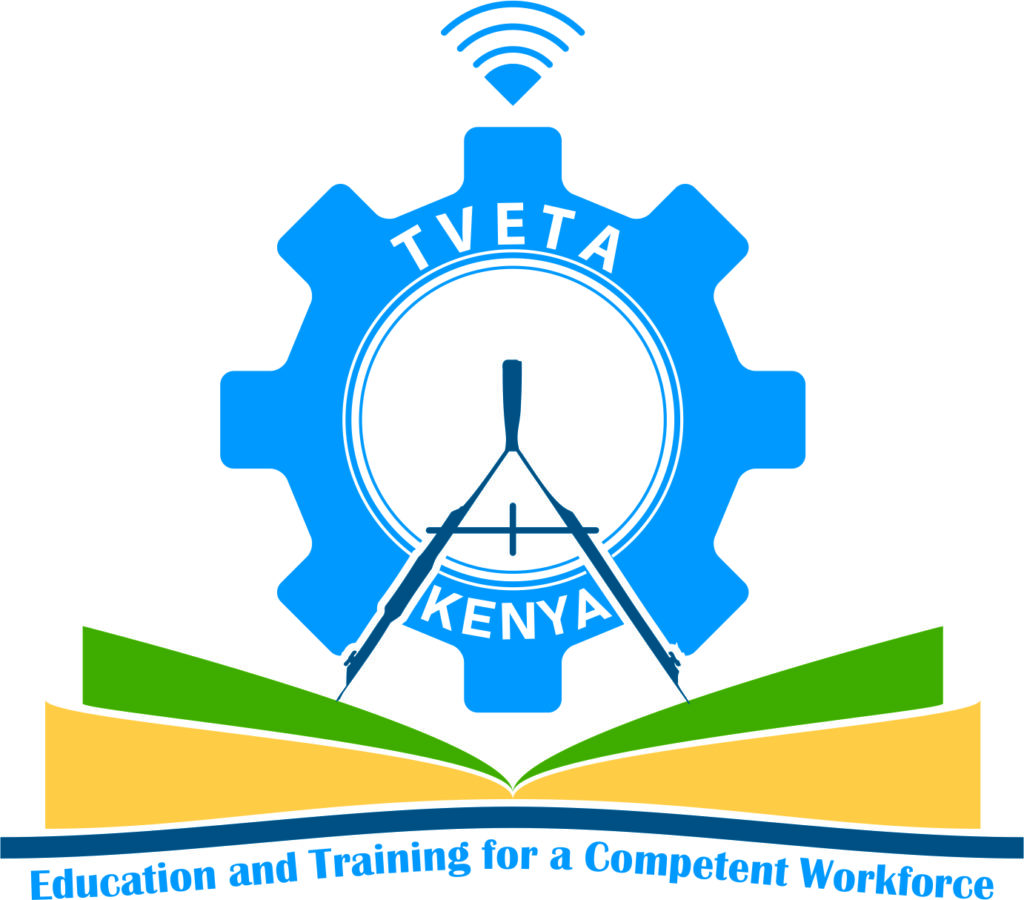The Devaluing of so-called Blue Collar work is a mentality borne out of a contorted notion of education’s function in the society. One which prioritizes examinations and assessment scores over comprehensive learning of diverse disciplines. Further to this, the perceptions of boring old machines, dirty greasy overalls and smoke-filled factories have been sustained over time by more than just a rigid education system. The politics of national investments, value placed by corporates on college degrees, prestige bestowed upon white collar jobs, the ‘mystery’ of industry and assumed complexities of its functions and functionality have all greatly contributed to these myths.
As for Kenya, the TVET ACT 2013 was designed to address the job skills issue and, more so, to ensure an increased and sustained enrolment ratio of 20% by the year 2030. This is a ground-breaking move on the part of government to revamp our entire education system with a view of making the lives of our youth better.
However, legislation alone cannot address problems of perception and attitude that have dogged our curriculum and job opportunities for years. Industry needs to step in and demonstrate the worthiness of manufacturing jobs. Proactivity by local companies in adopting mentorship programmes that integrate on-the-job training and lifelong learning will go a long way in reshaping the thinking around manufacturing sector as a whole. Industry itself needs to introduce cutting edge technologies to their day-to-day processes to shun the image of traditional, obsolete, hard-labour machines and illuminate the tech-savvy aspect of manufacturing jobs. Some members of KAM are already doing this through the Association’s newly launched TVET programme in partnership with Government and GIZ.
Well, legislation and allocated funding from government will spur the changes in TVET programmes’ ability to deliver quality training for graduates; but the onus also falls on industry to ensure that we value these jobs as much if not more than ‘white-collar’ jobs. We should be involved in the development of occupational standards, invest in building the skills that we would like our graduates to possess, make these jobs more lucrative and host open-days where we demystify our work and educate parents on the benefits of a thriving industry for their children. Investing in TVETs is not just about providing a few opportunities for some, TVETs are the only sure way to secure the future of this country, guaranteeing long term productivity, economic sustainability and inclusive growth.
